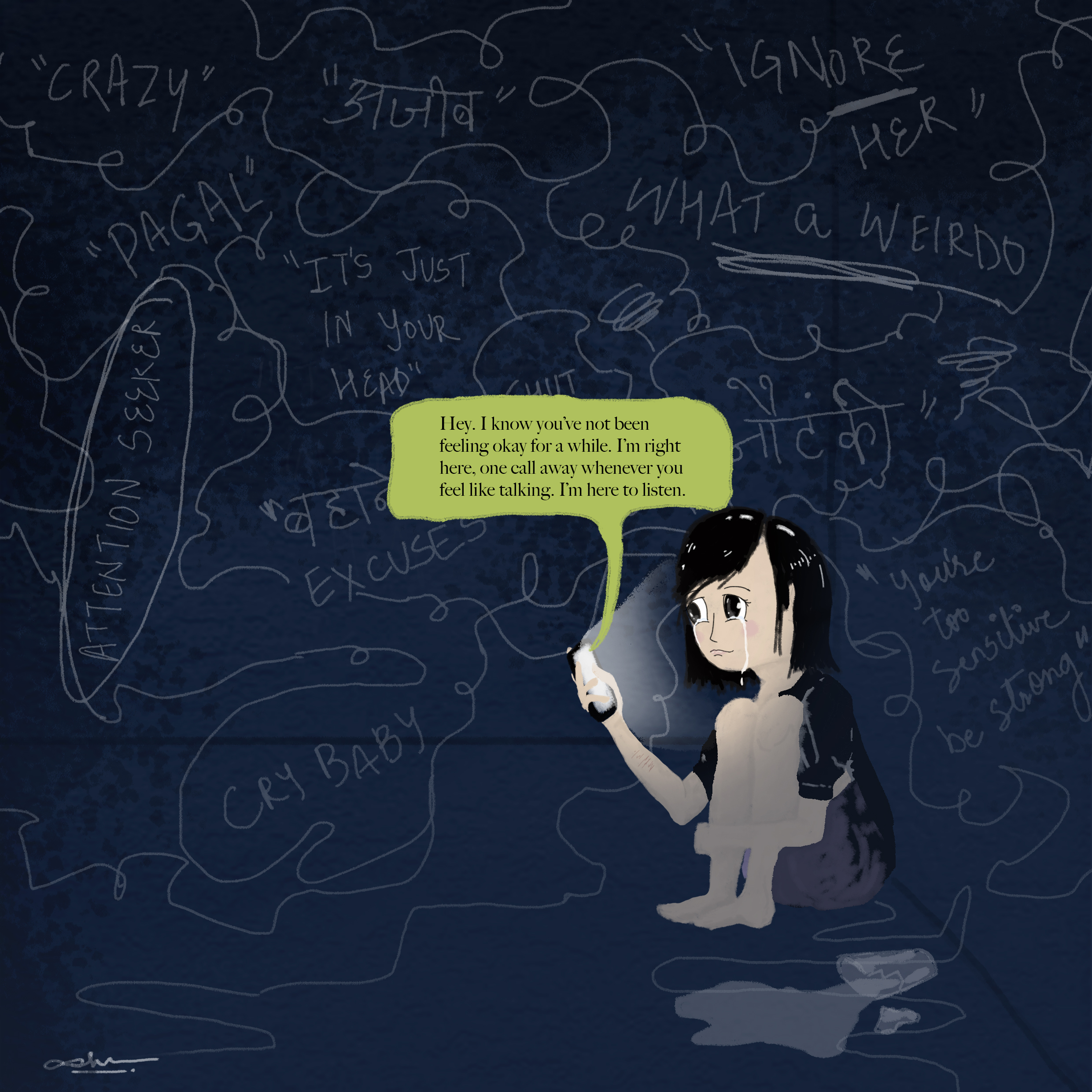Volume 2 Issue 1 January, 2012
`In 1975, when I was a junior resident in psychiatry, Milton Greenblatt1famously wrote in the New England Journal of Medicine about psychiatry as follows; “For many years psychiatry has been the battered child of medicine. Born in witchcraft and demonical possession, feared by the public, often scorned by the family of medical specialists and dependent for much of its existence upon handouts from agencies, psychiatry has had a very hard life, indeed”. But now, all that has changed. From its predominant psychoanalytic orientation of those days, psychiatry has steadily become more remedicalized, gaining closer affiliation with and greater respect from other medical specialities. It is well recognized now that mental, emotional and behavioural disorders affect large number of people all over the world. They constitute about 13% of the global burden of diseases. Many disorders affect not only the individuals who suffer but also for their families and communities and have enormous economic costs too. Parallel revolutions in basic neurosciences and genetics and advances in brain imaging techniques are at last helping us to better understand the complexity of disorders such as schizophrenia and depression.
These days, the psychiatrist is a much wanted, sought after and a much valued medical specialist, all over the world. Besides being a skilled clinician capable of diagnosing and managing complex mental disorders, psychiatrist is expected to be a team leader of various mental health professionals, a trainer of primary health care personnel and a clinical practice-based researcher.
As the field has steadily grown wider, various subspecialties in psychiatry have emerged. These include, besides the traditional subspecialties of child and adolescent psychiatry and addiction psychiatry, numerous others such as geriatric psychiatry, consultation-liaison psychiatry, forensic psychiatry, clinical psychopharmacology and psychiatric research. For a young psychiatry researcher, the field offers some of the most difficult challenges. The revolution in basic neuroscience will now have to be translated into a revolution in clinical psychiatry. Breakthroughs in our understanding of serious mental disorders are urgently needed – biomarkers for early detection of serious mental disorders, pre-emptive interventions for those detected to be at risk and better treatments aimed at recovery for those with symptoms2. The prestigious science journal, Nature has designated the current decade, “A decade for psychiatric disorders”3.
Reference:
- Greenblatt M. Psychiatry: the battered child of medicine. N Engl J Med. 1975;292(5):246-50
- Insel TR. A bridge to somewhere Guest Editorial.Translational Psychiatry (2011) 1, e2;doi:10.1038/tp.2011.4
- Nature, Editorial. A decade for psychiatric disorders. Nature463, 9 (2010) | doi:10.1038/463009a

School of Psychiatry and Clinical Neurosciences. The University of Western Australia, Perth and
Consultant Psychiatrist, Fremantle Hospital and Health Services, Fremantle.Email: Mohan.Isaac@uwa.edu.au

